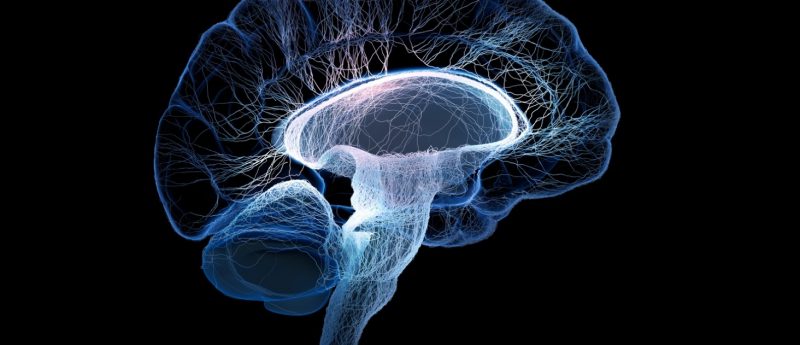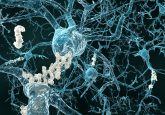Pharmacoepigenetics of the role of DNA methylation in μ-opioid receptor expression in different human brain regions

Chronic exposure to exogenous opioids has been shown to trigger epigenetic changes, including increased methylation of the μ-opioid receptor gene OPRM1 in chronic opioid-treated pain patients and opiate addicts [1] and changes in global DNA methylation following opioid treatment of human cell lines [2]. These pharmacoepigenetic effects are likely to impact on brain opioid receptor expression. However, most evidence for this has been gathered in rodents, suggesting contributions of changes in DNA methylation, alterations in the methyl-CpG-binding protein 2 (MeCP2) mediated chromatin structure and modifications of histone acetylation to different opioid receptor expression [3,4]. For example, neuronal differentiation of P19 mouse embryonal carcinoma...



